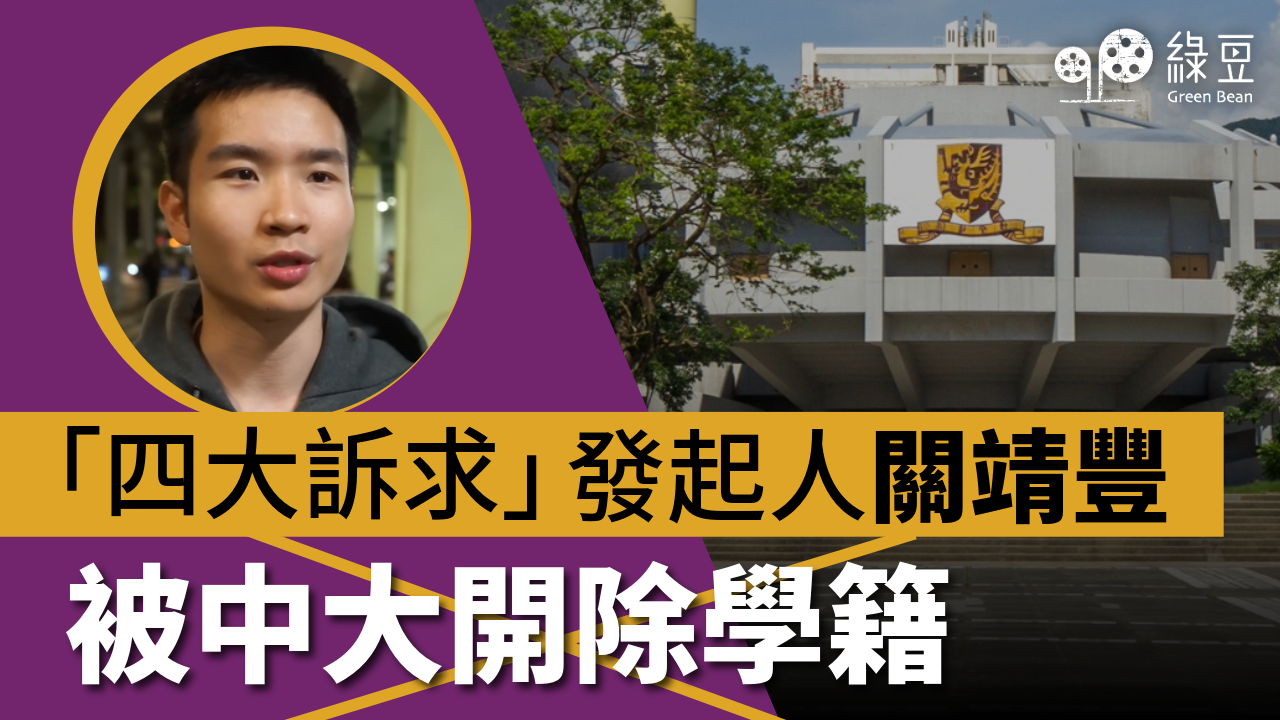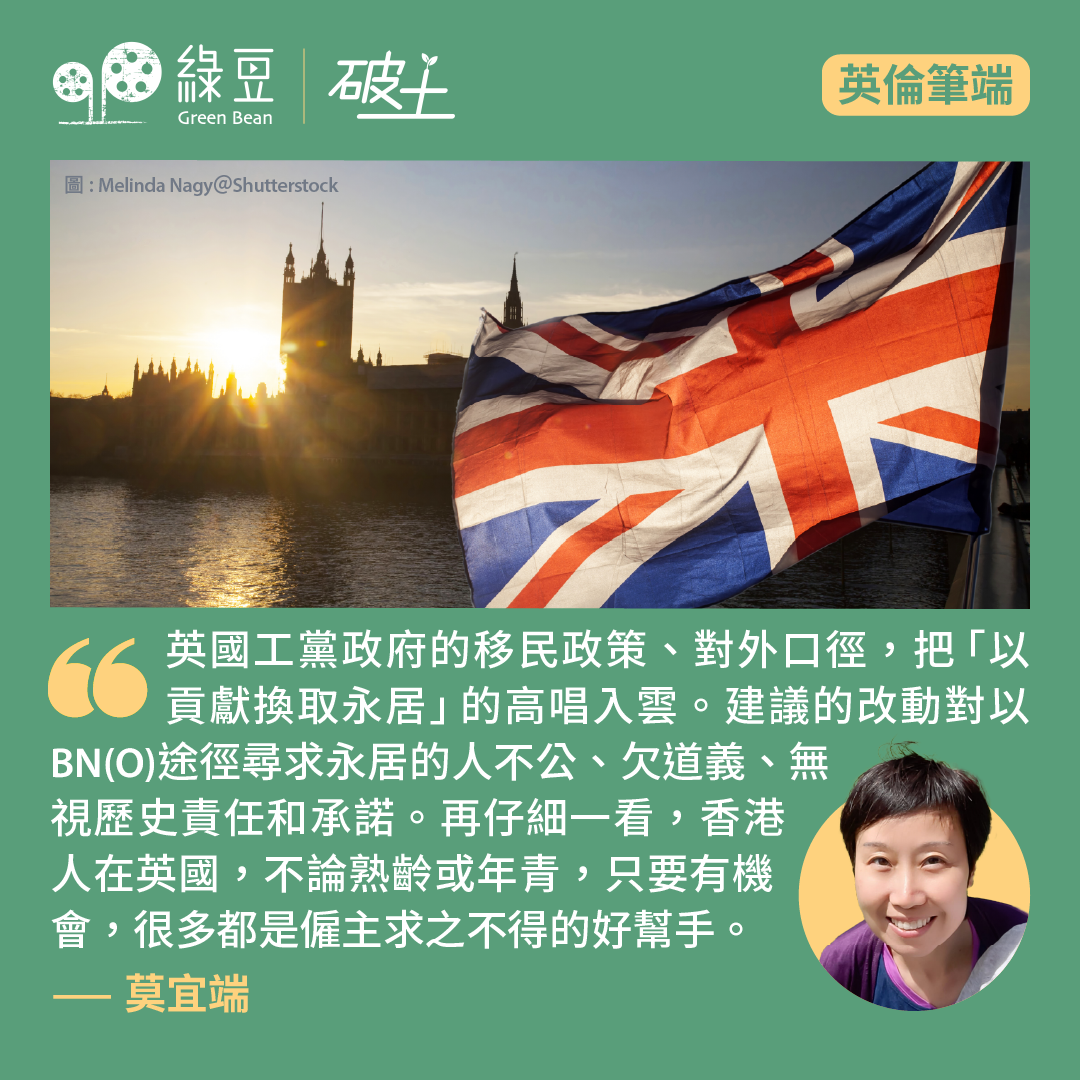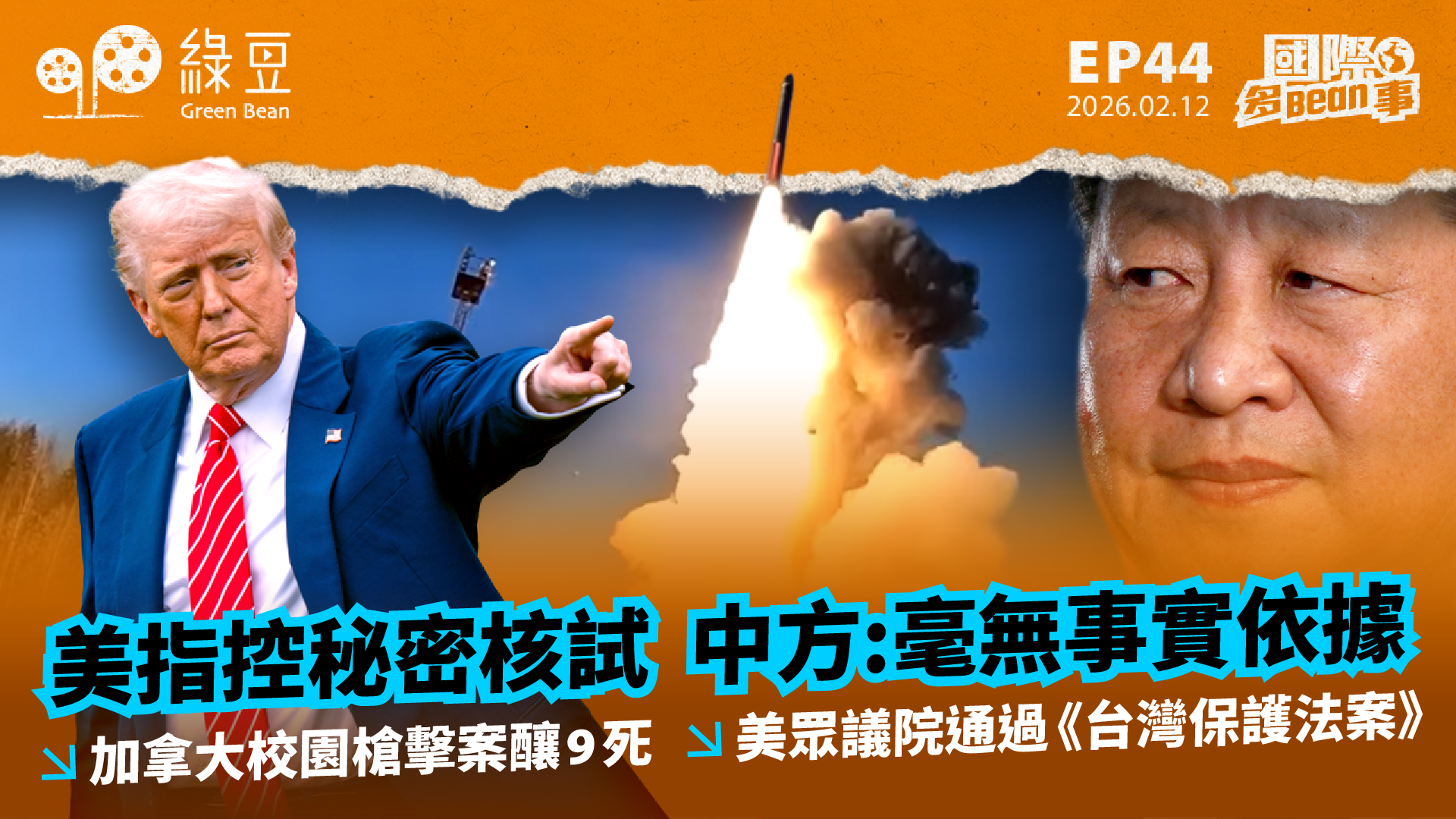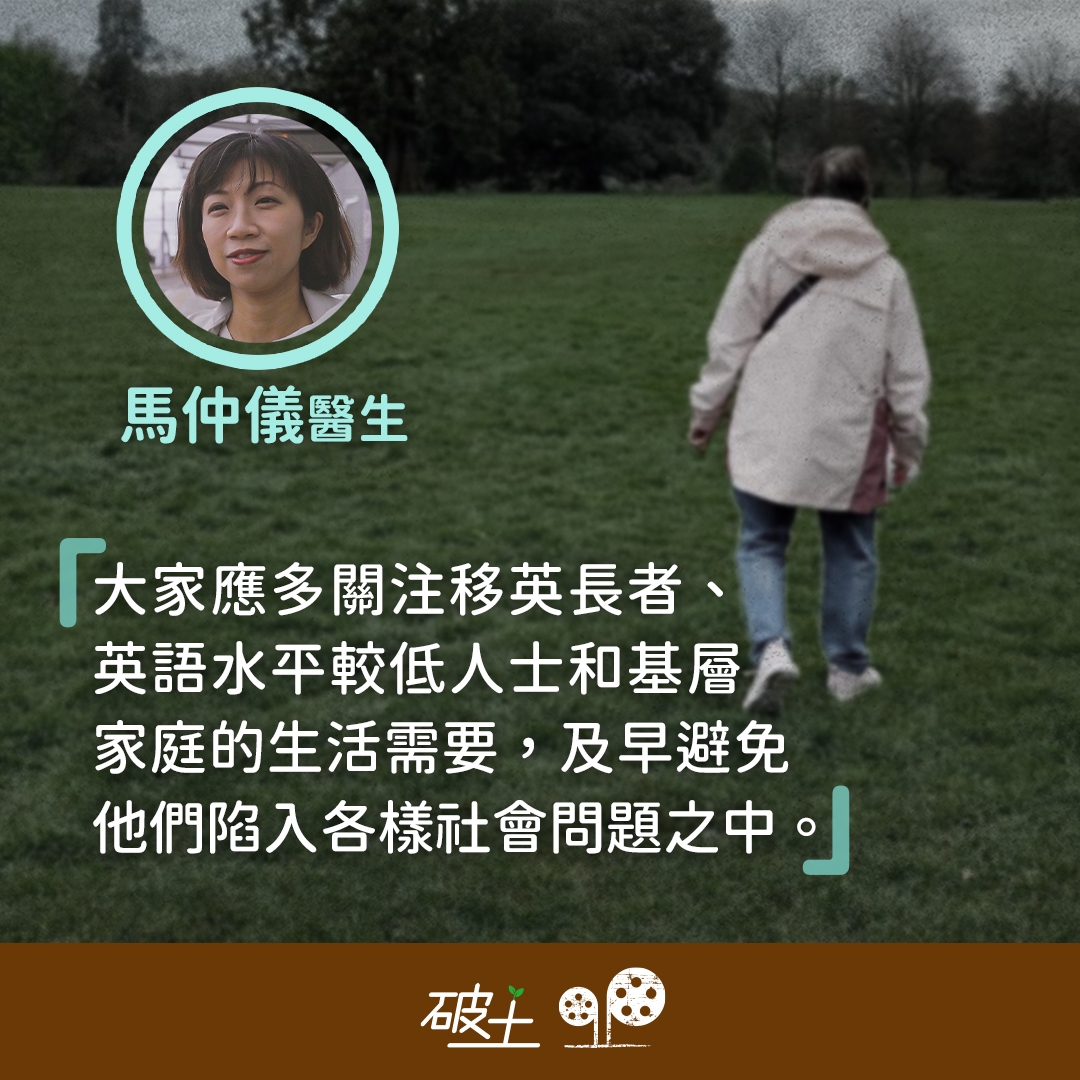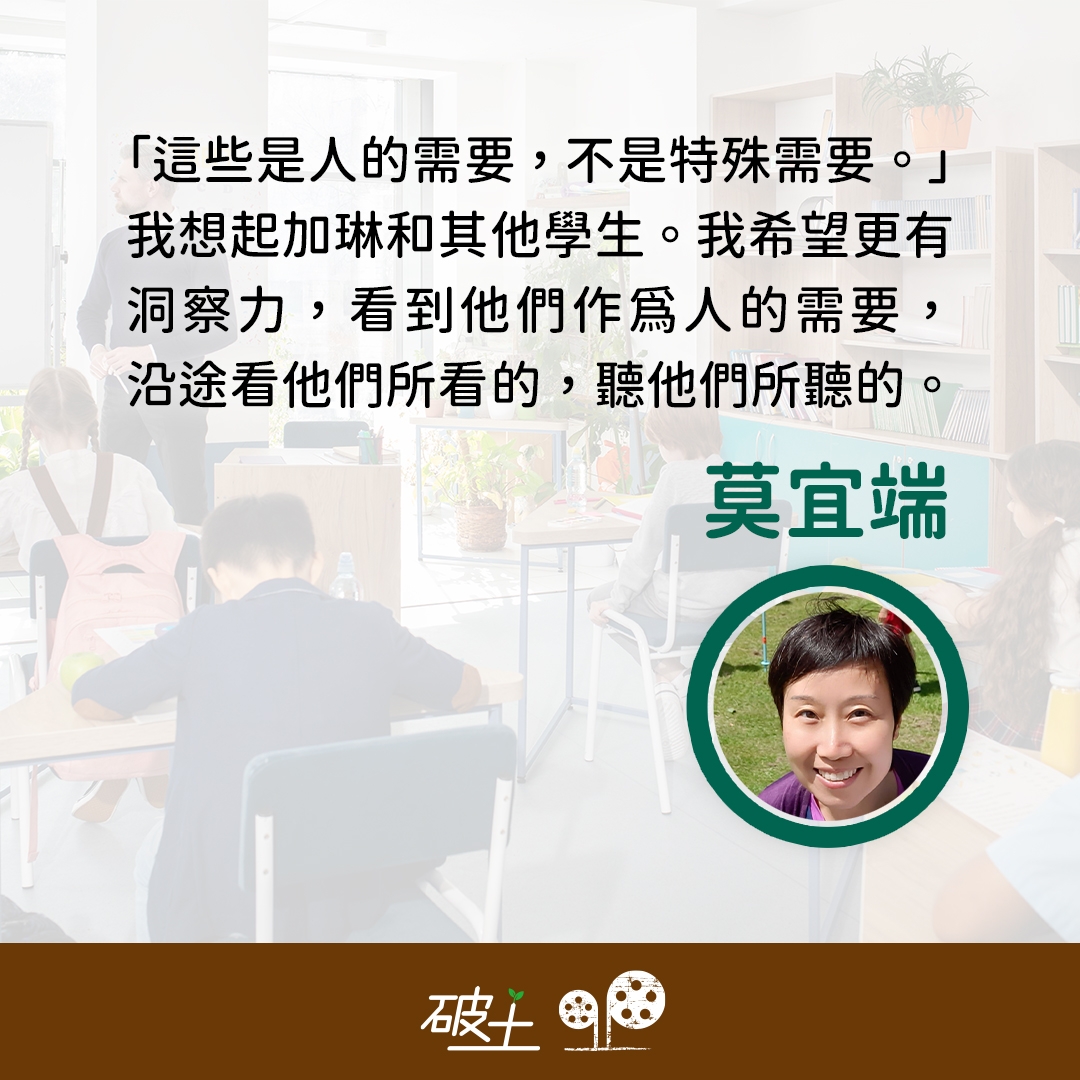Harbour protection group disbands amid sea changes in HK politics
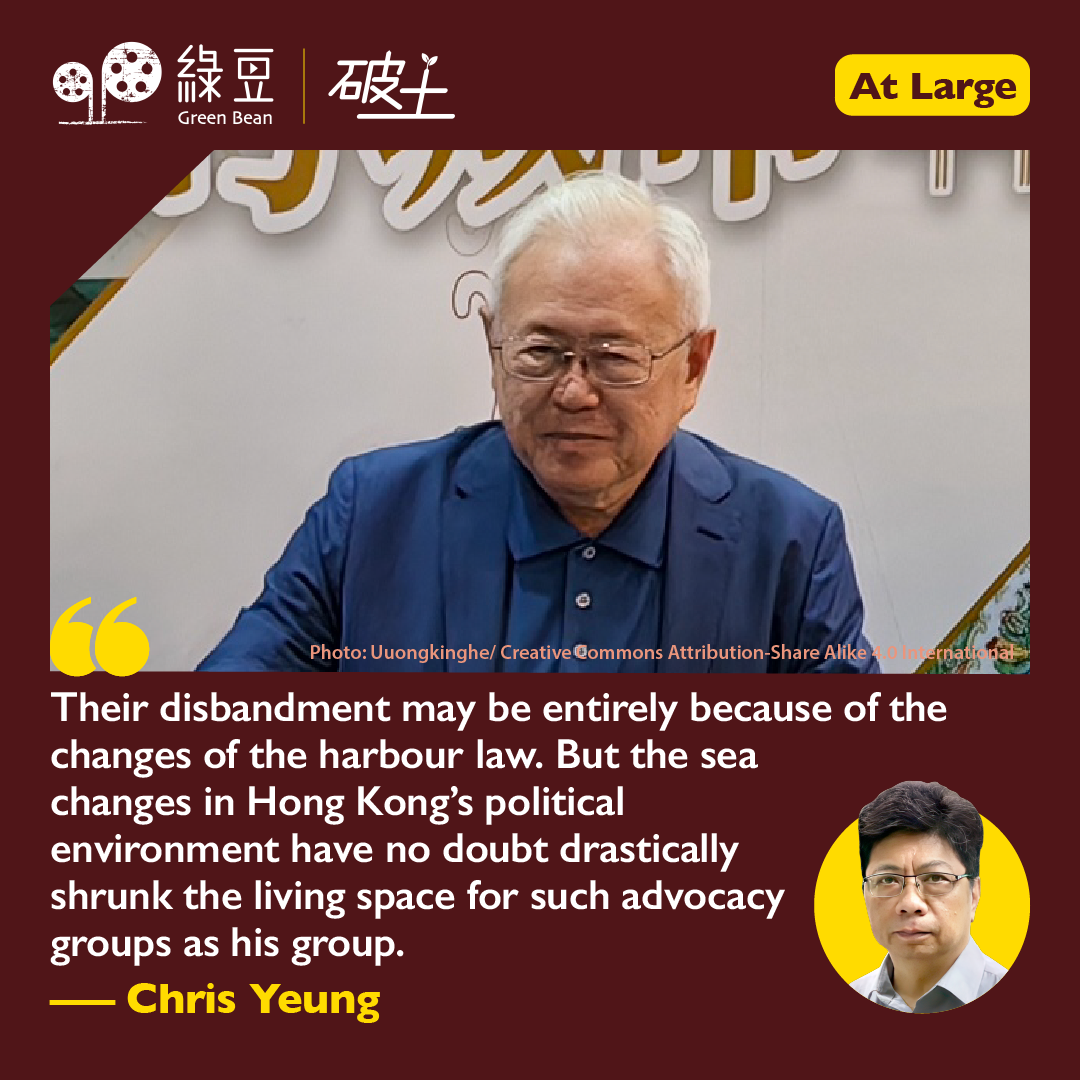
A decades-old advocacy group aimed to protect Hong Kong’s Victoria Harbour has decided to disband, citing a change in the law that relaxed rules on harbour reclamation.
But against the backdrop of a high-profile offensive against “soft resistance”, the disbandment of the Society for Protection of the Harbour is yet another case indicating the decline of the city’s non-governmental bodies in the post-NSL era.
One of the vulnerable targets
The group, founded in 1994, has emerged as one of the vulnerable targets with the battleline against “soft resistance” widening to the green front.
The group announced on last Friday (Aug 1) its disbandment more than two months after the government amended a law which the group said may pave the way for large-scale reclamation.
Winston Chu Ka-sun, the group’s founder and vice-chairman, said on Friday: “Our society is aiming to protect the harbour under its legal basis, but that has disappeared with the legal amendment.” “I am not sure about the future of the harbour.”
Chu, 85, said that it was now in the hands of the younger generation and the public to continue efforts to push for the harbour’s protection.
The government has maintained it has no plan to initiate large-scale reclamation works in the harbour. The latest amendment was aimed to enhance the harbour for small-scale projects for practical needs such as amenities and road traffic.
Chu, a lawyer, became a leading advocate for harbour protection fighting shoulder to shoulder with Christine Loh, who sat on the pre-1997 Legislative Council. Loh submitted a private members’ bill to the legislature in 1996, which was passed into law before the handover.
It was seen as a landmark bill – not just marking the preservation of Victoria Harbour and environmental protection in general, but also the growing influence of NGOs and the growth of civil society. Also importantly, it was a rare case of legislation sponsored by a lawmaker with the backing of the then governor Chris Patten, now Lord Patten.
Those were the days.
Battleline widening to the green front
The group disbandment came in the heels of a round of attacks against environmental groups in Beijing-backed media outlets. It also followed an intriguing chorus of warnings against “soft resistance” by top officials and policy chiefs including Secretary for Development Bernadette Linn.
Linn has warned of “soft resistance” against land development and reclamation policy. The bureau issued a statement in January to “seriously refute misleading remarks by the Society for Protection of the Harbour.”
The bureau rejected claims that the amendments to the ordinance had raised concerns that Victoria Harbour could become “Victoria River”. Chu’s group was accused of using “fictitious images” to support its claims.
Chu said on Friday their decision had nothing to do with Linn’s warning.
In a report on the disbandment on Saturday, the website of pro-Beijing Ta Kung Pao/Wen Wei Po quoted lawmaker Tang Kwok-biu as saying the group has viewed the harbour from the perspective of “blindly preserving fossils” but not revitalisation. He accused the group of impeding the development of Hong Kong, saying they were “enemies of the people.”
The article’s headline read “Vigilantly guard against soft resistance; Impede Hong Kong development; Society for Protection of Harbour finally disbands”.
Early last month, a pro-Beijing media outlet published a package of reports targeting another environmental group, Liber Community Research. It gave details of a closed door sharing session on recycling, during which the organiser reportedly reminded participants of the rule of confidentiality. The report cited the rule claiming the group operated like an “underground political party” trying to fan discontent towards the Government.
In a related case, the Chinese University of Hong Kong told Green Peace Hong Kong in short notice they could not provide a venue as previously agreed for a symposium on ecological tourism due to urgent renovation works.
Panel speakers include a former Observatory director and a member of Liber Community Research. Reporters found no sign of renovation during a visit to the venue on the day the symposium was scheduled.
Chilly effects in different segments of the society
With the national security laws vigorously implemented, their impacts, both real and perceived, have become apparent. The chilly effects of the laws have been felt in different segments of the society. Political issues such as national security, democracy and human rights have virtually become taboo, or in a sense, non-issues.
It has come as no surprise that the security-obsessed authorities and their like-minded media have increasingly felt unease with dissenting voices over other issues including livelihood and environment. With conspiracy thinking prevailing, NGOs working on issues such as environment and land look more vulnerable.
Winston Chu said their disbandment had nothing to do with Linn’s warning.
True, it may be entirely because of the changes of the harbour law. But the sea changes in Hong Kong’s political environment have no doubt drastically shrunk the living space for such advocacy groups as his group.
▌ [At Large] About the Author
Chris Yeung is a veteran journalist, a founder and chief writer of the now-disbanded CitizenNews; he now runs a daily news commentary channel on Youtube. He had formerly worked with the South China Morning Post and the Hong Kong Economic Journal.
